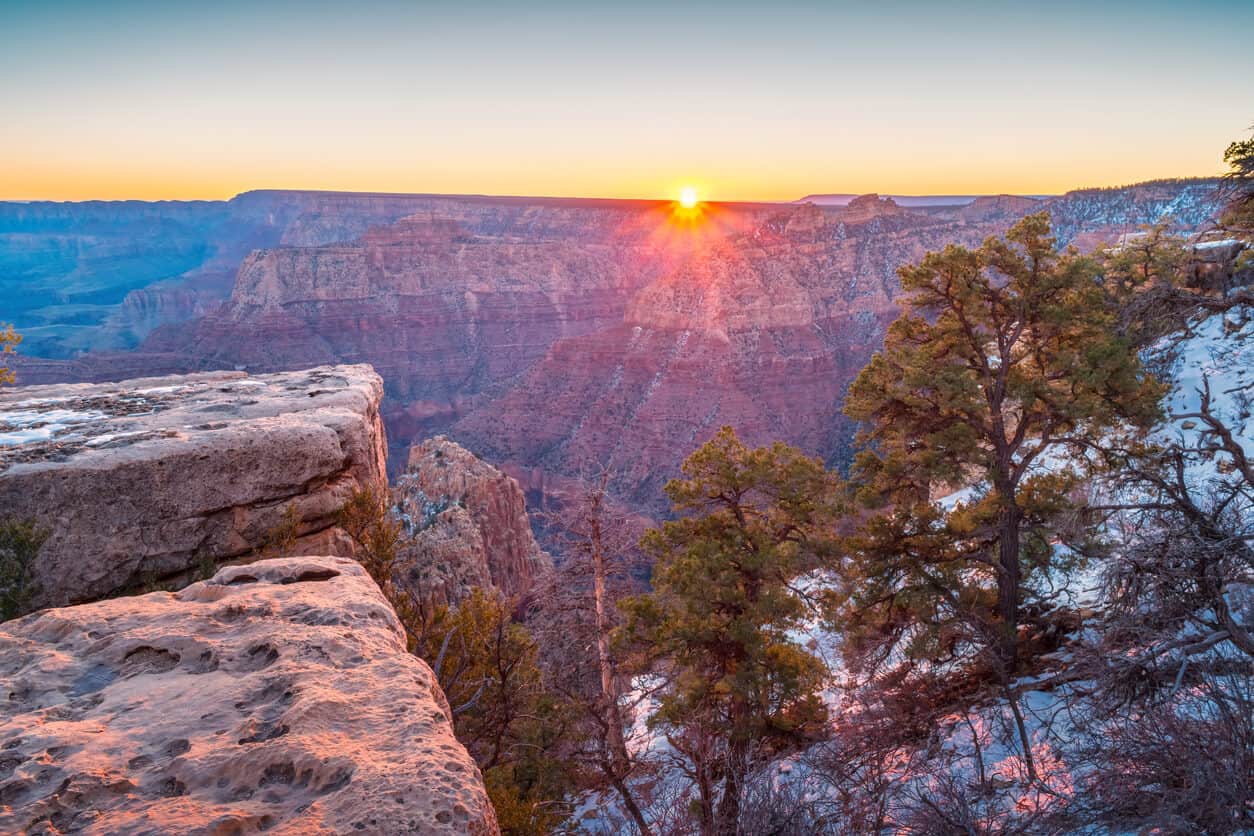
Please accept our condolences if you recently lost a loved one. We know how challenging it is to make funeral arrangements while you are grieving a loss. So, here is a quick, concise list of Arizona cremation laws and regulations you need to be aware of that will help find a permanent resting place for the cremated remains.
Embalming is not required in Arizona.
The funeral director you are working with might ask if you wish to embalm the body. However, embalming is only required in two cases: 1) if the burial, cremation, or refrigeration of the body won’t occur within 24 hours after death or 2) if the body is being transported (typically across state lines).
Many families choose to have the body embalmed for an open-casket public viewing. However, you may skip completing this process if this is not part of your planned funeral services.
A traditional casket is not required for cremation.
Federal law requires that a funeral home inform its patrons that they may purchase an alternative container made of unfinished wood, pressed wood, fiberboard, or cardboard for cremation. This alternative casket does not have to be bought from the funeral establishment.

The proper authorization must be signed before cremation can occur.
The county medical examiner must approve each cremation. In addition, the next of kin or another authorized individual must sign a form permitting cremation.
The authorization must come from a legally competent adult. Here’s the order of who can make that determination:
- the surviving spouse
- adult children
- a parent
- an adult brother or sister
The funeral home or cremation provider in Arizona must create a written record of oral consent for cremation that lists the following information:
- The name of the person authorized to sign off on the cremation services.
- The relation of the authorizing agent to the deceased.
- The date and time the legally competent adult signed the authorization (or gave oral consent).
- The name of the person who obtained the permission.
Cremated remains can be scattered or stored on your private property.
Cremated human remains are considered safe, so Arizona state law has few regulations regarding where you can scatter ashes.
You can scatter ashes on private land with the permission of the landowner. You can scatter ashes on public land with the proper authorization of the government agency overseeing the land.
Use your common sense when scattering the ashes of a deceased person. You can’t scatter ashes at a ballpark, orchestra pit, or amusement park. While most National Parks allow for spreading cremated remains with permission of the park ranger, the act is prohibited at Grand Canyon National Park.
Consider direct cremation services for a low-cost cremation.
Direct cremation service means that the body is removed from the place of death to the crematorium. After the Arizona state-mandated 24-hour wait period, the body will be cremated and the ashes returned to the family.
Both funeral homes and direct cremation providers offer direct cremation. In Arizona, consider Smart Cremation, a low-cost cremation service with a compassionate staff. Our staff is made up of funeral directors familiar with Arizona cremation laws who will help you obtain a death certificate and will answer any questions you have about local laws and cremation costs in Arizona.
Contact Smart Cremation to make your final arrangements. We also offer immediate need services when a person dies unexpectedly.
Key Takeaways About Cremated Remains in Arizona
- Embalming is not legally required in Arizona – except for in two specific circumstances.
- You can purchase a casket explicitly made for cremation instead of a more expensive one used for traditional burial.
- Proper authorization must be obtained before a body is cremated.
- Direct cremation is the most affordable end-of-life service.




